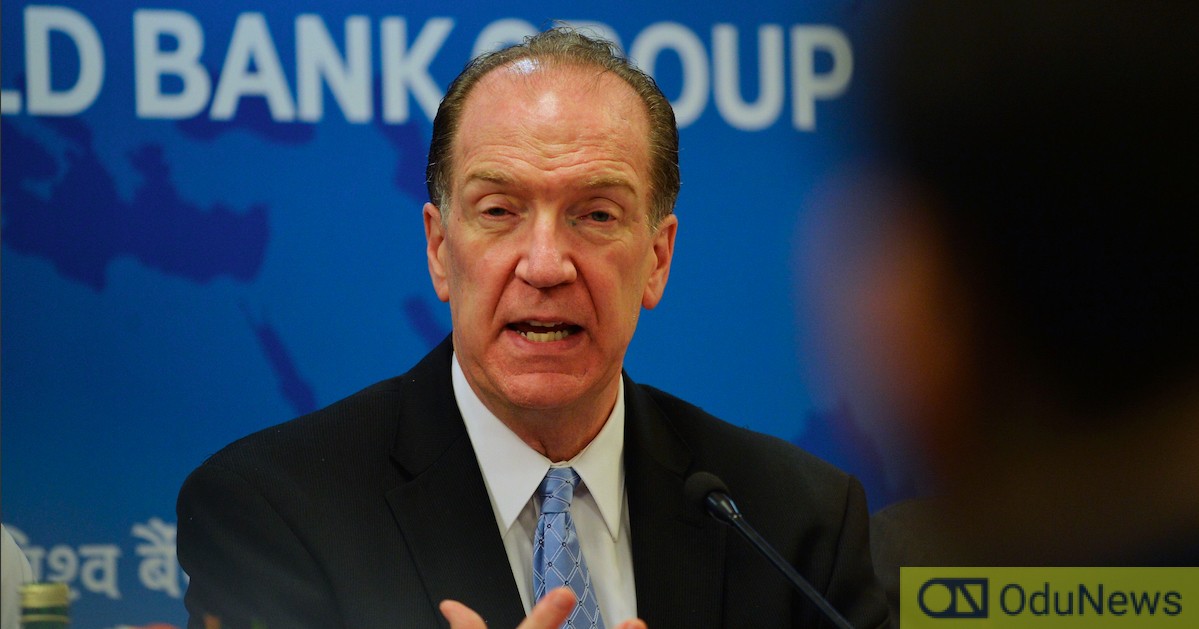The World Bank has said that rising borrowing costs and reduced growth in oil production subdued oil-sector activity will weaken Nigeria’s fiscal position.

According to a recent report by the World Bank, Nigeria’s economic growth has been impacted by a variety of factors, including decreased oil production, ongoing insecurity, costly petrol subsidies, and a shortage of foreign currency.
The report, entitled Global Economic Prospects, was released on Tuesday and states that the country’s growth rate has declined from 3.1% in 2022 to an anticipated 2.9% in the current year.
The Washington-based institution also highlighted the need for Nigeria to address these issues in order to improve the overall state of its economy.
The report read, “Growth in Nigeria—the region’s largest economy—weakened to 3.1 per cent in 2022, a 0.3percentage point downgrade from the June projection. Oil output dropped to 1 million barrels per day, down by over 40 per cent compared to its 2019 level, reflecting technical problems, insecurity, rising production costs, theft, lack of payment discipline in joint ventures, and persistent underinvestment, partly because of the diversion of oil revenues to petrol subsidies, estimated at over 2 per cent of GDP in 2022 (NEITI 2022; World Bank 2022t).
“A strong recovery in non-oil sectors moderated in the second half of the year as floods and surging consumer prices (annual inflation surpassed 21 per cent for the first time in 17 years) disrupted activity and depressed consumer demand. Persistent fuel and foreign exchange shortages, with the naira depreciating by over 30 per cent last year in the parallel market, further dampened economic activity.”
The bank further noted that the poor economic growth of 2.9 per cent in 2023, will be barely above population growth, which is often said to be around 2.5 per cent in previous reports.
The report added, “In Nigeria, growth is projected to decelerate to 2.9 percent in 2023 and remain at that pace in 2024—barely above population growth. A growth momentum in the non-oil sector is likely to be restrained by continued weakness in the oil sector. Existing production and security challenges, and a moderation in oil prices are expected to hinder a recovery in oil output.
“Policy uncertainty, sustained high inflation, and rising incidence of violence are anticipated to temper growth. Growth in agriculture is expected to soften because of the damage from last year’s floods.
“The fiscal position is expected to remain weak because of high borrowing costs, lower energy prices, a sluggish growth of oil production, and a subdued activity in the non-oil sectors.”
The bank also said that debt sustainability and investor sentiment deteriorated further in many other countries, leading to rising borrowing costs and credit rating downgrades like in the case of Ghana and Nigeria.
It added that increased insecurity has worsened fragility and is expected to reduce access to food for many more people across the region, further weighing on economic recoveries.

Submit press release, news tips to us: tips@odunews.com | Follow us @ODUNewsNG
